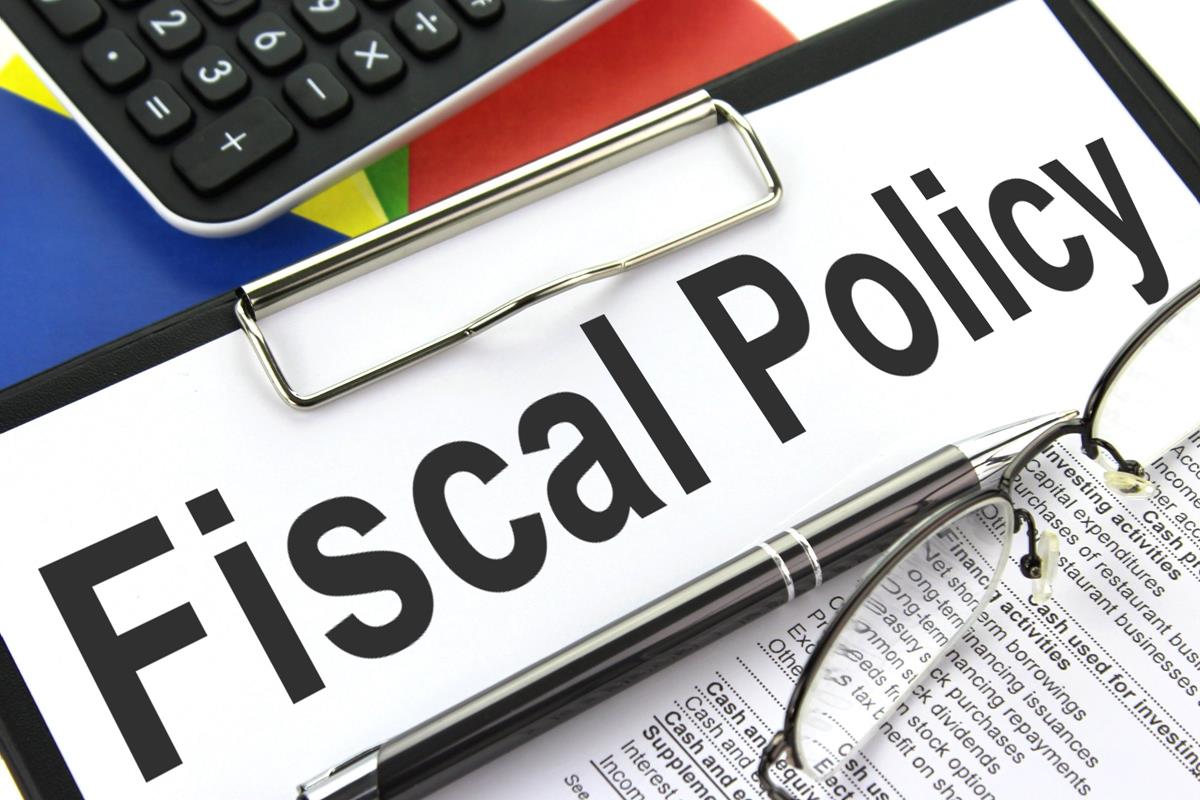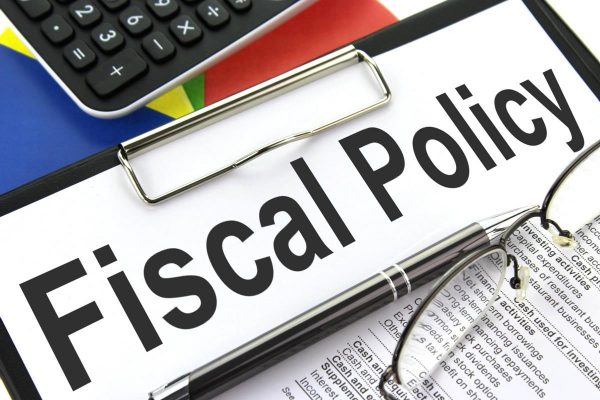Fiscal policy is a crucial part of the growth and Success of small businesses especially in Nigeria; this is because these policies influence decisions and actions regarding all sectors in the country.
Read more about Business
In Nigeria, the government creates and implements policies meant to alleviate and regulate commercial activities. These policies could have negative or positive effects.
Fiscal Policy, which is a part of government policy is the use of government expenditure and taxation to determine the direction of the economy. Fiscal policy can be expansionary (i.e. increasing government expenditure and reducing the tax rate) or contractionary (reducing the government expenditure and increasing the tax rates).
Every business prevalent in this country is affected by these policies in one form or another, and therefore, susceptible to the effects of its positive implementation or negative implementation.
This simply means that every business owner, company/organization and entrepreneur should be aware of how these policies affect their business and therefore, should constantly be aware of changes in these policies and the mode of implementation.
HOW FISCAL POLICIES AFFECT SMALL BUSINESSES
- Slows down the Growth of Small Businesses
It is no news that the rate of unemployment in Nigeria has rapidly increased over the years, thereby, making most individuals to venture into businesses on their own. However, a good number of these small businesses do not make it past the start-up phase, and while there are a lot of different reasons for this, such as; lack of planning, wrong business ideas, lack of capital, government policies,etc. Government policies still play a large role in the success or failures of these ventures.
Fiscal Policy affects small businesses via changing tax rates or the rules about liability to tax or via changes in government spending on real goods and services or transfer payments. These tax rates and policies are most times unfavorable to small businesses, which are supposed to be the bedrock of the Nigerian economy.
And as a result of these unfavorable tax rates, most small businesses crumble, as they are not able to meet up with the changing tax rates and policies. In order for SMEs to thrive, there is need to create a favorable business and regulatory environment.
Sign up to the Connect Nigeria daily newsletter
- Cost of running a business
It’s one thing to have the desire to start a business in Nigeria and it is another thing to go through the process of starting and registering a business in Nigeria. This is because the process is quite a costly and burdensome process, and sometimes this is as a result of the policies in place such as; high import and export dues, which affects the cost of doing business or increase in the tariffs government levies on importation of raw materials.
Taxation policy has a huge effect on the cost of doing business, because a slight increase in the tax levied on an organization or business, affects the cost of production and has the same effect on the cost of products and services being offered.
- Aids Changes in the Market Environment
Fiscal policies, such as taxation affect businesses and have a strong effect on the market environment, because it has a way of altering the customers proposed expenditure. This is because when taxes are increased, it lowers the consumers’ disposable income available for spending, thereby, making tax-sensitive products less in demand.
In Nigeria, small businesses are subjected to multiple taxes by the different tiers of government, each with its own rigorous process and significant compliance cost. With the mode of operations in small businesses, the absence of clear and coordinated tax policy increases the strain on cash flow and other limited resources of small businesses.
In conclusion, the importance of small businesses in a developing nation like Nigeria cannot be overemphasized, because they play an important role in creating jobs, creating diverse products, offering multiple services, and generally contributing immensely to the growth and sustenance of the economy. Therefore, the government has to make these policies favorable for the free flow of business operations.
Featured image source: Financial Tribune
Got a suggestion? Contact us: [email protected]


